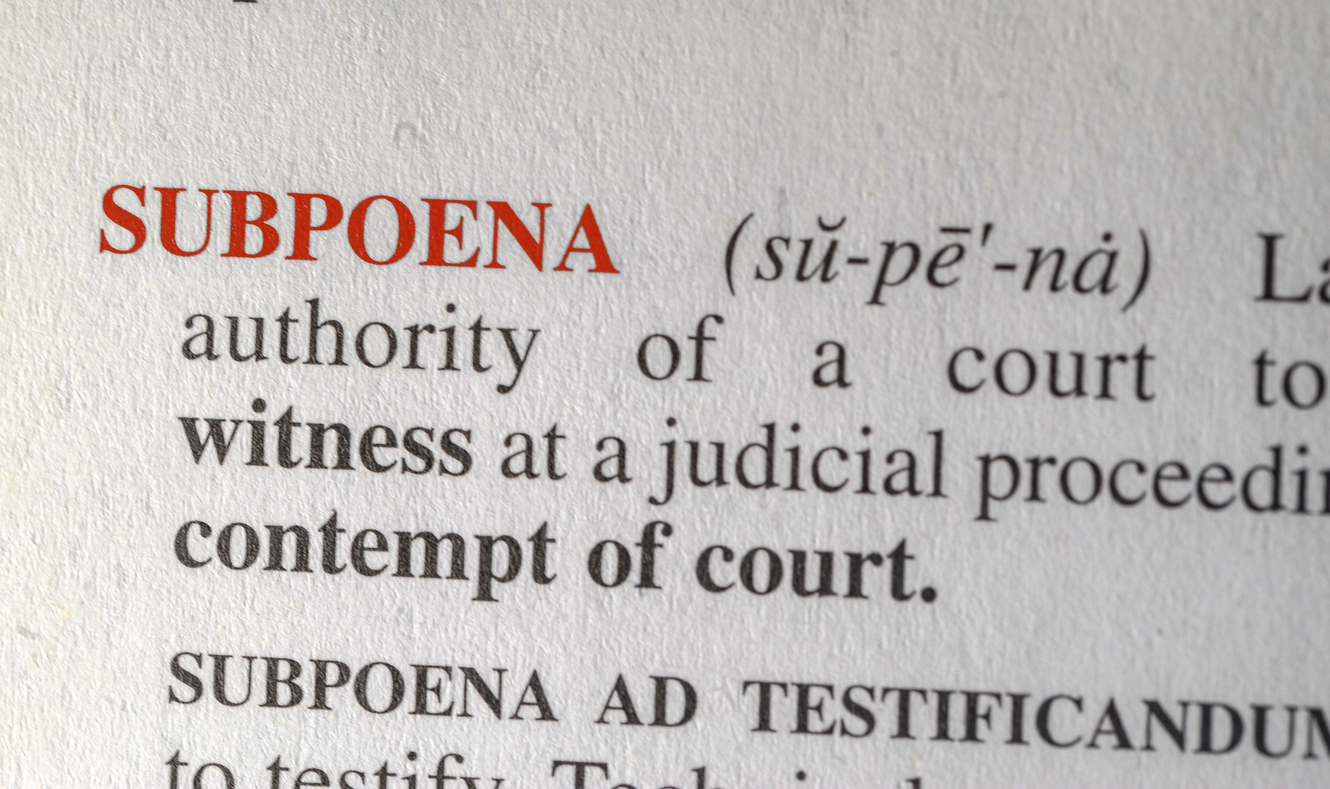A lawsuit was filed in Leon County Circuit Court yesterday challenging the 48 hour solicitation ban on public adjusters. Last month, we posted Florida Public Adjusters File Lawsuit to Overturn 48 Hour Solicitation Ban and Fee Caps, reporting on the first of these two similar lawsuits. The second lawsuit is different in that it focuses solely on the 48 Hour Ban on solicitation, where the first challenges the fee caps enacted by the Florida legislature.
The most recent lawsuit succinctly states the issue and controversy:
This action challenges the constitutionality of Florida Statutes limiting the ability of public insurance adjusters to engage in truthful commercial speech. Specifically, the challenge is to the following provision of Section 626.854, Florida Statutes (2008) (referred to hereafter as the “challenged statute”):
6) A public adjuster may not directly or indirectly through any other
person or entity initiate contact or engage in face-to-face or telephonic
solicitation or enter into a contract with any insured or claimant under
an insurance policy until at least 48 hours after the occurrence of an
event that may be the subject of a claim under the insurance policy
unless contact is initiated by the insured or claimant.
The pleadings in the current lawsuit fairly set forth some general activities of what public insurance adjusters do:
Public insurance adjusters exclusively represent insurance policyholders, advocating for the best settlement possible from insurance companies. Typically, public insurance adjusters contact and contract with an insured owner or renter only after a disaster or mishap, not before. Then they assist with preparing, filing, and adjusting insurance claims. The work of a public insurance adjuster includes assisting in the inventory of lost items, estimating damages, appraising the policyholder’s loss, and attempting to negotiate settlements for the insured. A public insurance adjuster also may advise clients on policy conditions regarding temporary repairs and protective measures. The range of responsibilities depends on the contract with the insured.
…The fees charged by public insurance adjusters are capped by state law
at certain percentages of the insurance claim payments received by their clients.
Studies show that the work of public insurance adjusters can increase the average settlement by an amount greater than the fee charged by a public adjuster for that work.
The pleadings also set out the some of the factual basis for the unconstitutionality:
Statutes and regulations provide numerous consumer protections against deception by public insurance adjusters, and also provide strict penalties for
deceptive practice. Yet no pattern of generally false or misleading speech has been
found to exist in the profession of public insurance adjusting.… A legislatively created 2007 Task Force on Citizens Property Insurance
Claims Handling & Resolution concluded that the public needs to be protected
from unscrupulous public insurance adjusters. However, on information and
belief, the Plaintiff alleges that no testimony or other evidence was presented to the
task force or to legislators who considered the task force recommendations to
demonstrate that a 48-hour ban on early solicitation would directly advance the
state’s goal of protecting the public.…The Plaintiff further alleges …that DFS has not received any complaints from the public during the past five fiscal years establishing a pattern of problems with public insurance adjusters soliciting within the first 48 hours after claim-producing events.
…There are no time restrictions on other licensed or unlicensed businesspeople or professionals — such as insurance company adjusters, cleaning services, contractors, roofers, smoke-mitigation or water-damage experts, etc. — who may freely approach and contract with policyholders in the immediate aftermath of claim-producing events.
Very good constitutional attorneys are representing the public adjusters in both lawsuits. While not easy, I predict that the constitutional challenge to the 48 hour ban will be successful. The value to policyholders of having public adjusters assist in the claims process is best immediately after the loss. There was no evidence showing why a ban would help the public—the insurance industry lobby simply got the language into law. I think that some Florida legislators felt the entire practice of helping policyholders collect full benefits under the policy and charging for that service is a bit “unsavory.” Other Florida legislators may have heard stories that some public adjusters are unscrupulous, and therefore, felt any legislation limiting public adjuster participation in insurance claims was a worthy legislative goal.



